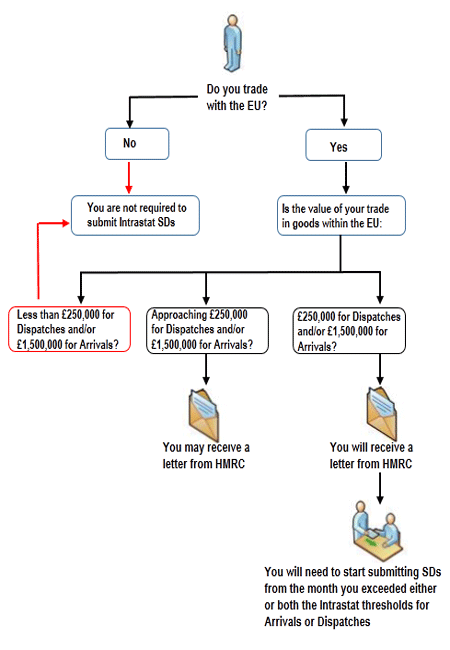We cannot control the future…
The Sonaecom case
In the opinion* of the CJEU AG (C-42/19) the importance of a taxpayer’s intention was of utmost importance, regardless of whether that intention was achieved.
Background
Sonaecom intended to acquire a telecoms provider company. As is usual in such cases, input tax was incurred on consultancy received, from, amongst others; accountants and legal service providers. The intention post acquisition was for Sonaecom to make certain charges to the acquired co. These would have been taxable supplies.
Unfortunately, the intended purchase was aborted.
The issue
The issue before the AG was; as no taxable supplies took place as the deal fell through – to what should the input tax incurred on advice be attributed?
Opinion
In the AG’s view the fact that the acquisition was aborted was no reason for the claim for input tax to denied. This was based on the fact that:
- Sonaecom was not a “pure holding company”
- There was a genuine intention to make taxable supplies (to the acquired co)
- There was a direct and immediate link between the costs and the intended supplies
- Although the acquisition costs would exceed the proposed management charges, this was not a reason to invalidate the claim
- The above analysis was not affected by the fact that the transaction did not take place
Commentary
There are often issues in relation to intentions of a taxpayer. It is clear, and was emphasised in this case, that intention is all important. Of course, intentions can change over a period of time and commercial and political events may thwart or cause intentions to be re-evaluated. There is often an issue about evidencing an intention. HMRC usually require comprehensive documentary evidence to demonstrate an objective. Such evidence is sometime not available for various reasons. Consequently, it is prudent for businesses to record (board meeting minutes etc at the very least) the commercial reasons for taking a certain course of action. This issue quite often arises in transactions in land and property – which can create additional technical issues.
There is legislation in place to cover situations when intentions, or actual events change and which affect the original input tax position: The Capital Goods Scheme (CGS) and The Value Added Tax Regulations 1995, Regs 108 and 109.
Other areas of VAT which often to raise issues are management charges and holding companies. HMRC apparently continue to be eager to attack taxpayers in these areas and I have looked at the role of holding companies and the VAT treatment here, here and here.
I think it is useful to bear in mind a question which, in itself does not evidence an intention, but provides commercial coherence – Why were the costs incurred if there was no intention to make the acquisition? This does leave aside the future management charges position but goes some way to provide business logic.
It will be interesting to see how this case proceeds, but I would find it very surprising if the court diverges from this AG opinion.
* AG’s Opinion
The Court of Justice of the European Union (CJEU) consists of one judge from each Member State, assisted by eleven Advocates General whose role is to consider the written and oral submissions to the court in every case that raises a new point of law, and deliver an impartial opinion to the court on the legal solution.

